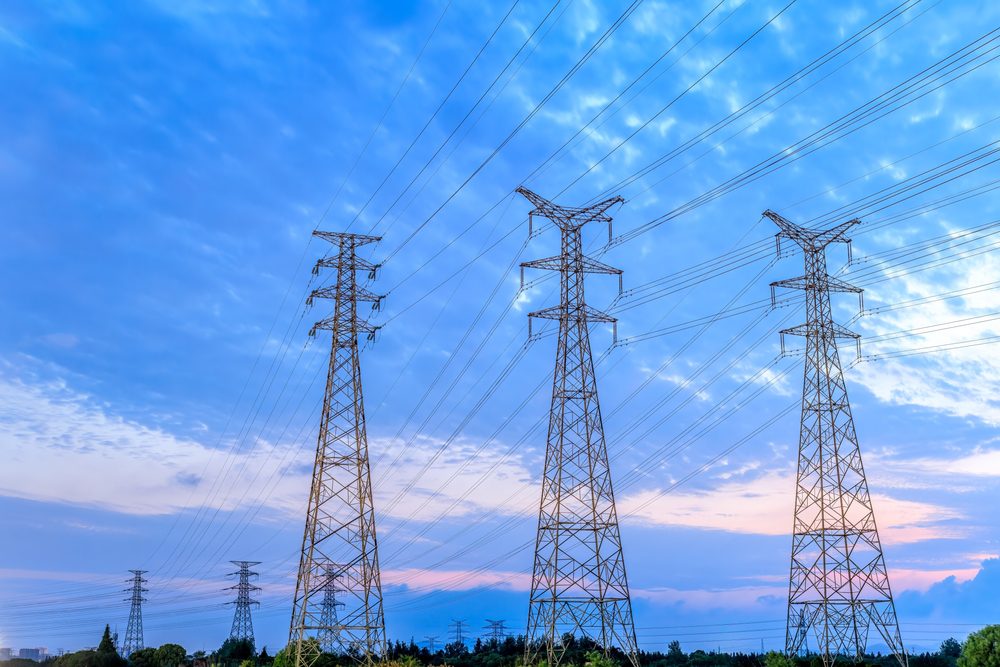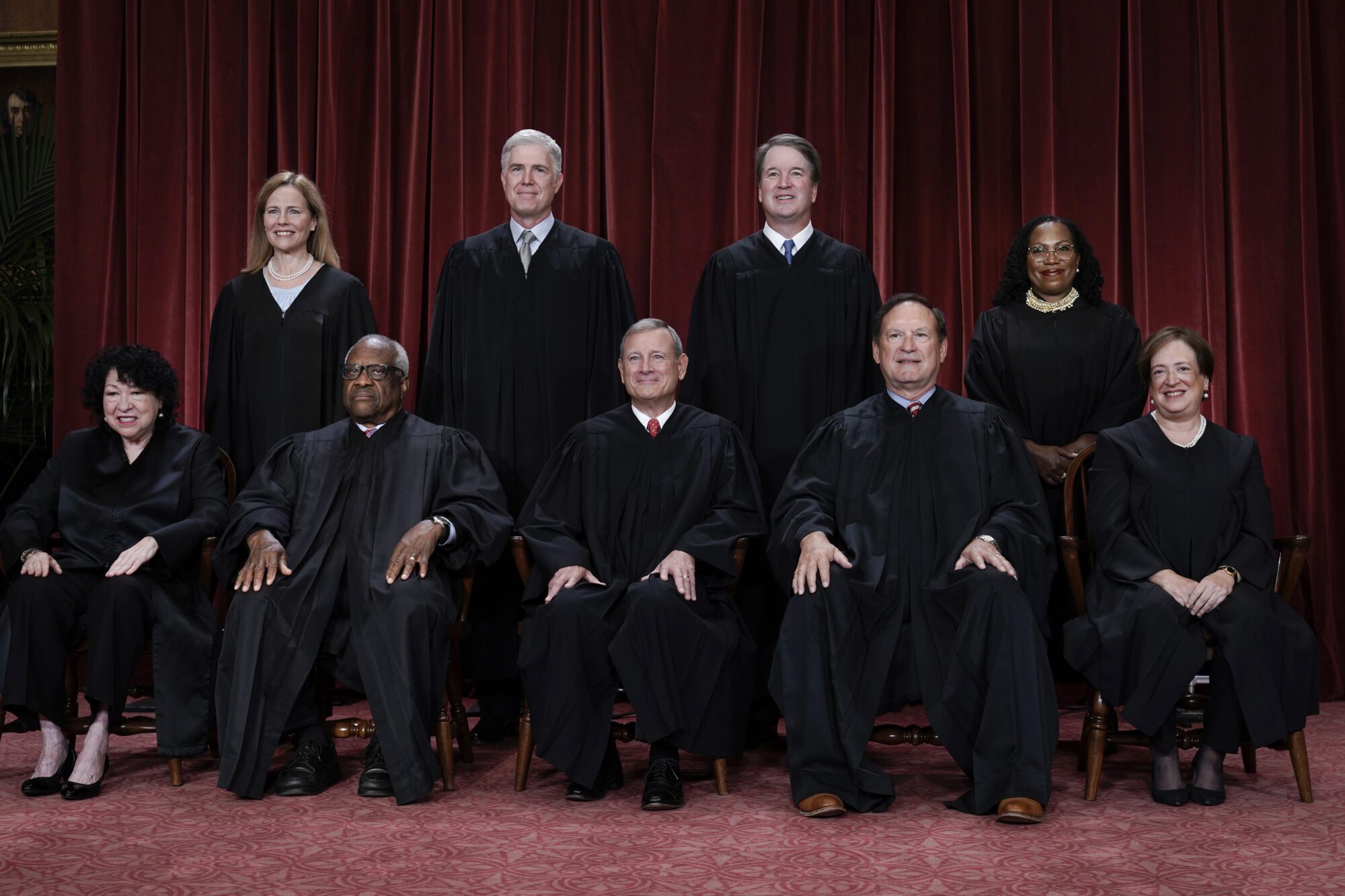
Adam Millsap
If the government thinks a ban serves a compelling public interest, it should use tax dollars to compensate the seller.
Anti-Chinese rhetoric has been a staple among federal politicians for several years. Now, more and more state officials are joining in. Recently, Mississippi State Representative Becky Currie and America First Policy Institute fellow Steve Yates argued that bans on Chinese ownership of agricultural land are needed to protect America’s interests. Though presented as patriotic, these laws are un-American and largely unnecessary.
The recent spy-balloon fiasco was just the latest example of the souring relationship between the United States and China. The Chinese government’s unwillingness to adequately explain the balloon, along with intellectual property theft from American companies, human rights violations, and its aggressiveness towards Taiwan have made it a target of government officials from both parties.
China’s actions are concerning, but it is easy to go too far in response. State laws that ban all Chinese ownership of agricultural land are an example of unwarranted government overreach.
According to the latest data from the U.S. Department of Agriculture, foreign entities hold an interest in around 40 million acres of U.S. agricultural land. This sounds like a lot, but it is only 3% of all privately held agricultural land. The largest foreign landholders are Canada, the Netherlands, Italy, and the United Kingdom. China is a tiny player, holding less than 1% of foreign-held acres. China does not own nearly enough land to threaten our security.
Of course, supporters say we need these laws to prevent China from buying enough land to pose a threat. But what threat? Supporters are not clear, but perhaps they worry China will let land sit fallow to reduce our food supply? This is unlikely, as China relies heavily on the U.S. as a source of food. China is also much poorer than America on a per-person basis, so it cannot afford the higher food prices that come with letting productive land go to waste.
If Chinese firms buy U.S. land, grow food on it, and ship it to China, the only thing that would change is who owns the land. The trade dynamics will remain the same—China will import food from U.S. soil because it needs it.
The most convincing argument for restricting land sales to China is for national security reasons. In a recent speech in Washington D.C., South Dakota Governor Kristi Noem said she was concerned the Chinese government may buy land near Ellsworth Air Force Base where the Air Force keeps one of two B-1B Lancer strategic bomber wings. Owning land in proximity to the base could allow China to gather intelligence on flight patterns or equipment. This is a legitimate concern, but one that could be mitigated without a complete ban on land purchases.
First, any state government entity created to review potential land sales should be strictly advisory. At the same D.C. event, Governor Noem argued that preventing China from buying American land was the patriotic thing to do. While some may not agree with Governor Noem’s idea of patriotism, there are probably many farmers, ranchers, and other landowners who do. If a state government entity were to conduct research on potential sales and share its findings with landowners, at least some would voluntarily choose to forgo sales that might undermine U.S. security. This would reduce the need for heavy-handed bans.
In cases where a recommendation to stop a sale is not enough, states could insist they get the first chance to buy any strategically important land. This could take a few different forms. The state could choose to match the highest non-state bidder. After buying the land, the state could use it or resell it to a buyer it deems more friendly to U.S. interests.
Alternatively, the state could ask the landowner to sell her land to the highest-bidding, state-approved buyer, with the state making up the difference between the highest bid and the state’s favored bid. For example, if a Chinese national offered $1 million for 100 acres and a U.S. citizen offered $900,000 for the same 100 acres, the state could ask the seller to sell to the U.S. citizen with the state contributing the additional $100,000 to make the seller whole.
Both these solutions ensure the holders of agricultural land get the land’s full value while also preventing bad actors from obtaining it.
More importantly, these options protect the individual property rights that are fundamental to America’s economic success. The 5th amendment forbids government from taking private land for public use without just compensation. Every time a state law prevents land from going to the highest bidder because the state dislikes the potential buyer’s nationality, a taking occurs. If the government thinks a ban serves a compelling public interest, it should use tax dollars to compensate the seller.
Unfortunately, lawmakers and the courts have disregarded regulatory takings for decades. But past errors are not an excuse for continued malfeasance. Legislators should not further trample on the 5th amendment with additional laws that reduce the value of U.S. citizens’ property without just compensation.
Banning the sale of agricultural land to the Chinese government or its citizens is a bad solution to a real but fairly small problem. We do not want the Chinese government to spy on us, but we can protect strategically important land without a ban on all sales. States that currently lack bans should keep it that way, and states with bans should reconsider.






